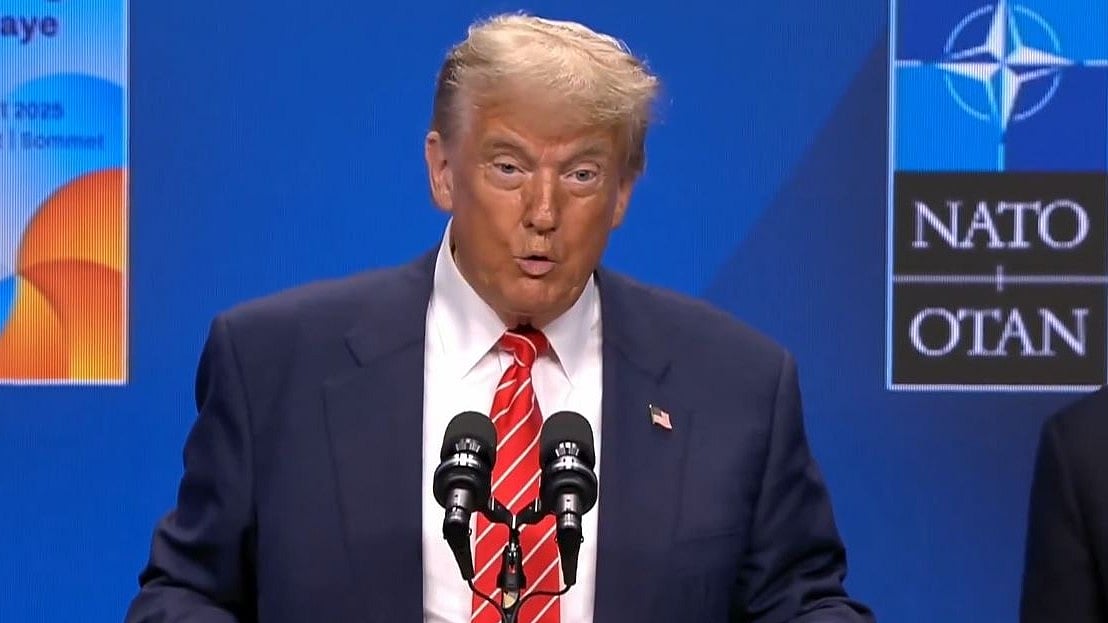The prices of the benchmark crude oil have slumped. Crude oil prices decreased after US President Donald Trump, familiar with his guise of functioning, issued a new set of threats, vowing to impose additional sanctions on Russia.
Trump's Threats
Trump, while addressing a congregation at the World Economic Forum in Davos, Switzerland, fervently asked Russia's president Putin to come to the negotiating table amid the ongoing Russia-Ukraine war.
Trump even threatened Putin with sanctions, in addition to the existing sanctions, that could further impact the federation's fossil fuel business.
In addition to this, another move from Donald Trump has further helped to ease crude oil prices in the international market.

Trump at Davos |
Oil Prices Decline
The 47th US president, who was only sworn in four days ago, has also asked OPEC countries, particularly Saudi Arabia, which is one of the world's biggest oil producers, to bring down the oil prices.
This can only achieved if Saudi Arabia and its oil-producing allies or partners increase production.

Brent Crude
Oil prices, particularly the benchmark of Brent Crude, surged past USD 80 per barrel in the early half of January 2025, after a decrease in production from the said nations.
When we look at the benchmarks, the price of Brent Crude, as per latest reports, dipped to USD 78.21. This is lower than the previous settlement of USD 78.29 per barrel. This came to pass after Brent Crude even reached the high of USD 81.93.

Halfway through January 2025, the benchmark reached the mark of USD 79.87 per barrel. | File

WTI Benchmark
Similarly, the other benchmark, the WTI Index also dropped in value. This benchmark slumped to USD 74.54 per barrel, as per the latest numbers from Reuters. This figure is lower than the last settlement of USD 74.62. Even here, halfway through January 2025, the benchmark reached the mark of USD 79.87 per barrel.
As per some analysts, oil prices may come down furthermore in the time to come, as major stakeholders like the United States under Trump loosen up their energy policies for more exploration.











